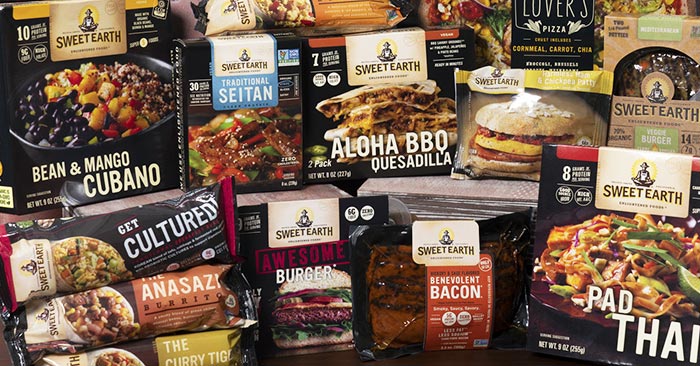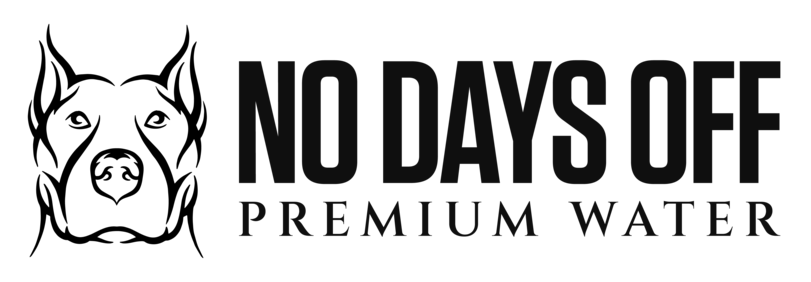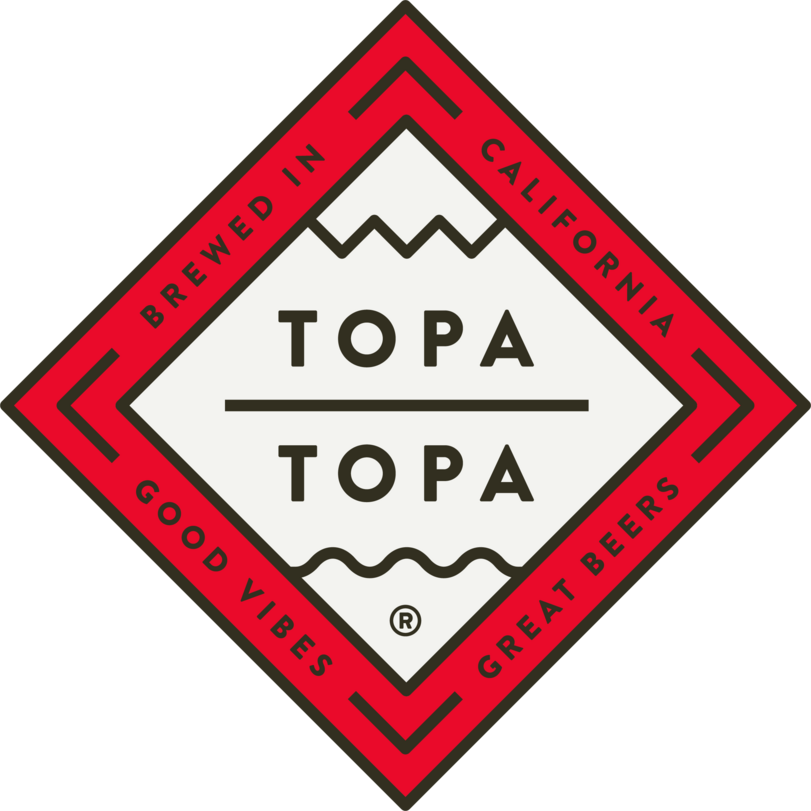The Checkout: Forbes Names Food’s 30 Under 30; Singapore Approves Eat Just’s Cell-Based Meat
Welcome to The Checkout: an express lane for the weekly news you need to know, always 10 items or less.

The Checkout: Forbes Names Food’s 30 Under 30; Singapore Approves Eat Just’s Cell-Based Meat
Honoring entrepreneurs across packaged food and beverage, craft beer, the restaurant industry and food media, the 2021 Forbes Food & Drink 30 Under 30 List named several innovators changing the face of food, from Asian pantry staples to keto-friendly snacks.
The honorees included several entrepreneurs leading the charge in plant-based and dairy-free innovation. Elliott Kessas and Ross Mackay, co-founders of Daring Foods, launched their chicken alternative brand at Sprouts in March and closed an $8 million round of funding in September to expand the brand’s retail footprint and introduce a new breaded product. Mackay told NOSH in September the brand aims to “create trust and health in plant-based meat,” particularly with the breaded varieties.
Michelle Wolf, co-founder of plant-based seafood maker New Wave Foods, secured investment from Tyson Ventures last year and is in the final stage of closing a $15 million funding round ahead of launching plant-based shrimp into foodservice, scheduled for next year. Sweet Nothings co-founder Jake Kneller pivoted from a launch at Disney World Parks put on hold due to the pandemic to expand his ready-to-eat dairy-free smoothies’ distribution to over 1,000 retailers in 30 states.
Also included on the list was Vanessa Pham, co-founder of Asian sauce brand Omsom. Vanessa Pham and her sister Kim, both first-generation Vietnamese-Americans, launched the brand last year.
“Two years ago, I took the leap from a path of financial and professional stability. As a WOC and daughter of refugees without generational wealth, it was a decision and transition full of fear and self-doubt,” Pham wrote in a post on LinkedIn announcing her inclusion on the Forbes list. “What if people don’t take what I’m doing seriously? How will I get by without an income in NYC? And worst of all, what if I fail and let the people who believe in me down? Some of those questions certainly still remain, but now, what’s much louder in my mind is Omsom’s heartfelt mission, the deep conviction I have in what we’re building, and the love and support from our community.”
Omsom was also part of this year’s Gold Rush accelerator program supporting Asian American entrepreneurs. Gold Rush co-director Megan Ruan told NOSH last week that Omsom is working to “break down” the idea that Asian flavors should be relegated to the ethnic food aisle.
Other CPG entrepreneurs featured on the list include Schoolyard Snacks co-founders Helen Guo and Dylan Kaplan, who closed a $5 million funding round last month in their journey to reinvent classic snacks to be keto-friendly, along with the founders of Spero Foods, Exau Olive Oil, Diaspora Co, Moku Foods, Voodles and Kartago.

Singapore Approves Sale of Eat Just’s Cell-Based Meat
The government of Singapore this week approved the sale of U.S.-based company Eat Just’s cell-based meat as an ingredient in chicken nuggets, becoming the first country to permit the sale of such products. The approval will allow for the commercial launch of Eat Just’s new GOOD Meat Brand in Singapore.
The lab-grown meat was approved by the Singapore Food Agency after Eat Just’s team of scientists and product developers shared documentation with the regulatory group on its production and manufacturing process, including details on the purity and stability of the chicken cells, according to a press release. The San Francisco-based company staged over 20 product runs of the culture chicken in its 1,200-liter bioreactors, with analysis demonstrating a high protein content and “cleaner microbiological content than conventional chicken.” A panel of experts from Singapore and the United States, including authorities in cell biology, food safety and toxicology, confirmed the meat was safe for human consumption.
Josh Tetrick, co-founder and CEO of Eat Just, said in a press release that he hoped this regulatory approval “will be the first of many in Singapore and in countries around the globe.”
“Singapore has long been a leader in innovation of all kinds, from information technology to biologics to now leading the world in building a healthier, safer food system,” he said. “Working in partnership with the broader agriculture sector and forward-thinking policymakers, companies like ours can help meet the increased demand for animal protein as our population climbs to 9.7 billion by 2050.”
In October, Eat Just announced the launch of a new Asian subsidiary, Eat Just Asia, to manufacture and distribute JUST Egg on the continent. The company is building its first factory in Singapore with $100 million invested by Proterra Investment Partners Asia.

Nestlé Announces New Sustainability Commitments
Nestlé this week announced a global plan to achieve net zero greenhouse gas emissions. The company aims to cut its emissions in half by 2030 and ultimately reach net zero by 2050.
“We are striving for a more sustainable future, towards a healthier planet, a stronger society and a thriving economy,” Steve Presley, Chairman and CEO of Nestlé USA said in a press release. “That’s why we are building on our existing work to set ambitious goals that will make a real difference, and why we continue to look for new and innovative ways to achieve them in our market.”
In the U.S., Nestlé’s largest market, the company will update its ingredients, packaging, manufacturing and transportation of products to meet this goal. As part of this initiative, its plant-based food brands Sweet Earth Foods and Garden of Life committed to achieving carbon neutrality by 2025 and 2022, respectively. Perrier, S. Pellegrino, Acqua Panna and Nespresso coffee also announced their shared goal of reaching carbon neutrality by 2022 through the use of renewable energy sources and operation improvements, along with carbon offset projects.
The company plans to transition 800 manufacturing sites across 187 countries to 100% renewable energy and announced the launch of a pilot program for electric vehicle transportation in Ohio. It also said it is working with suppliers to reduce the carbon footprint and water usage for its dairy and beef ingredients and will scale regenerative grazing practices. The company has already begun its effort to transition to 100% reusable or recyclable packaging by 2025, launching Nestle Toll House Cookie Dough in recyclable plastic bags at select retailers this year.
Danone Expands Gender Neutral Parental Leave
Danone North America announced this week the expansion of its gender neutral Parental Bonding Leave Policy to its manufacturing employees, making the benefit now available to all 5,700 of its U.S. employees. The policy, which is applicable to either parent, allows employees to take up to 18 weeks’ paid time off for the birth or adoption of their child within a year of their birth or adoption date. The new policy updates the previous benefit of two weeks paid leave for manufacturing employees.
Mark Lauritsen, International Vice President at the United Food and Commercial Workers International Union, said the company’s “family-first approach to supporting its teams sets it apart from so many of its peers in the industry.”
“We believe an offering like this provides a huge value not only to its employees but has equally significant impacts for families and the communities where Danone operates,” he said.
Shane Grant, CEO of Danone North America said in a press release that he hopes the change will “inspire others and help advance parental leave equity outside our walls, as well.”
The company also provides up to $6,000 in adoption assistance for employees and recently signed a Pregnant Workers Fairness Act to reduce risk for pregnant employees at work.
Kellogg’s to Close RXBar Business in the UK
Kellogg’s reportedly plans to end its RXBar business in the United Kingdom after launching it there two years ago. RXBar’s UK-based staff will finish at the end of the month, according to UK-based publication The Grocer reported this week. A Kellogg’s spokeswoman told the publication that it was “proposing to close its UK RXBar Operation,” while still being “committed to the snacks category and to launching future on-trend snacks innovation in the UK.”
After acquiring the brand for $600 million in October 2017, Kellogg’s rolled out the bar brand in the UK in the fall of 2018 on direct-to-consumer platforms such as Amazon and Ocado as well as in local fitness studios, gyms and coffee shops. In January, it expanded to retailers such as Whole Foods, Sainsbury’s and M&S. The brand’s UK offerings are limited to six flavors of its original protein bar, rolling out the Vanilla Almond flavor in October. The brand also launched in select Boots locations last month.
The brand launched in the UK under the leadership of managing director Richard Peake, who left in May to head grain and seed brand Merchant Gourmet, and is now being led by general manager David Burke, who took on the position in January after serving as operations director.
















